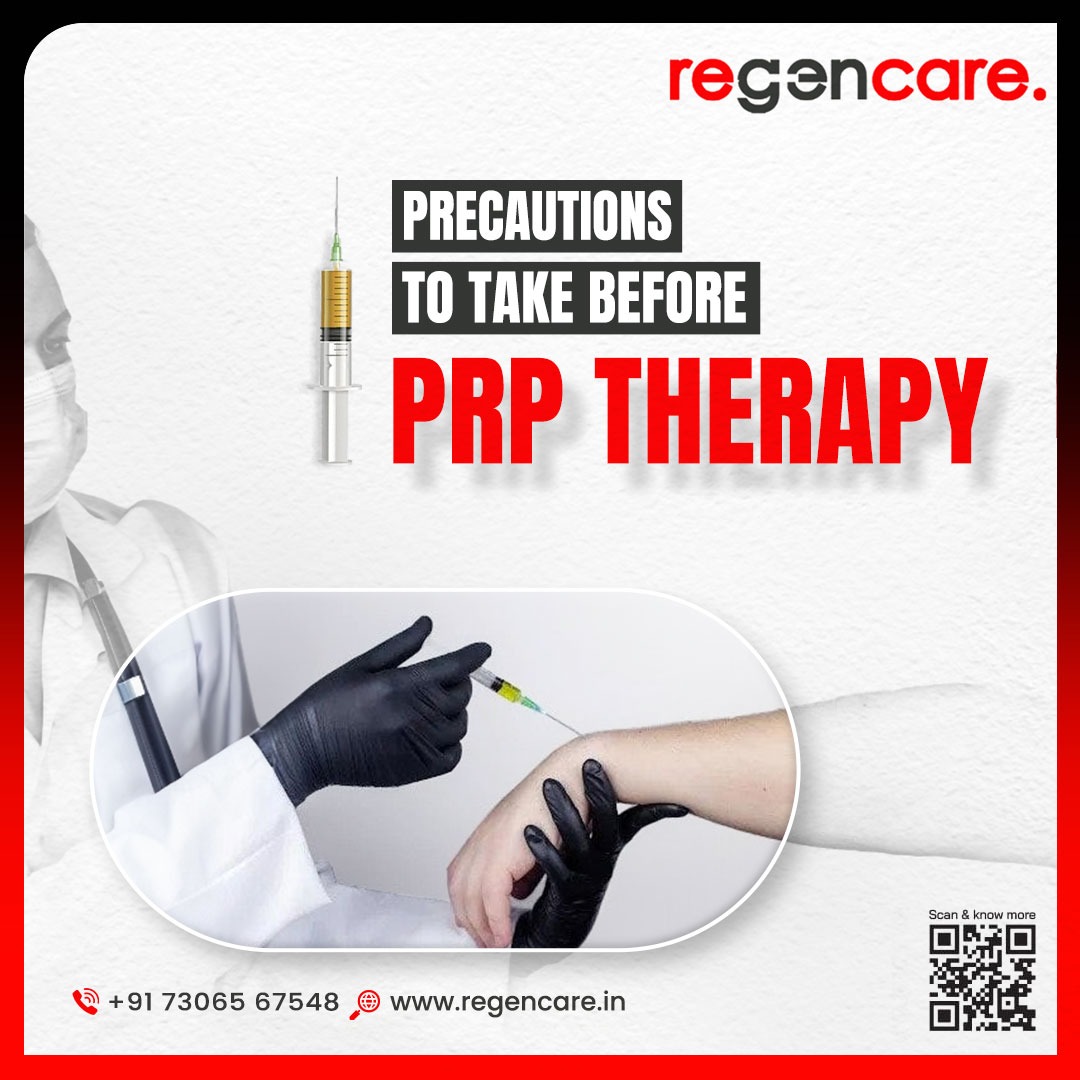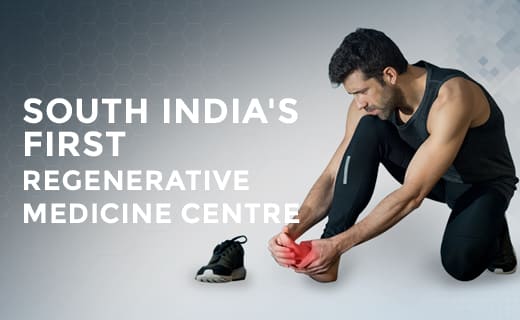
Platelet-rich plasma (PRP) therapy isn't just reserved for the world of cosmetic enhancements. It has made its mark in the realm of orthopaedics as well. PRP therapy offers a natural and minimally invasive approach to treating various orthopaedic issues, such as joint pain, tendon injuries, and muscle strains. However, before you dive into this innovative treatment, it's crucial to consider some key precautions.
Selecting the Right Orthopaedic Specialist
Choosing the right orthopaedic specialist to administer PRP therapy is the first precaution you must take. It's vital to find a certified and experienced professional who specializes in orthopaedic PRP treatments. Look for someone with a solid track record in the field, and don't hesitate to ask for references or case studies related to orthopaedic PRP therapy.
In-Depth Consultation and Medical History Review
Before embarking on PRP therapy for orthopaedic concerns, you should have a thorough consultation with your chosen specialist. During this consultation, your medical history, current health status, and orthopaedic issues will be discussed. Honesty is key here, so make sure to provide accurate information regarding your symptoms and concerns. This consultation will help the specialist determine whether you are a suitable candidate for PRP therapy and whether there are any underlying issues that need addressing first.
Preparing for PRP Treatment
Proper preparation is essential for the success of your orthopaedic PRP therapy. Here are some important pre-treatment precautions:
- Medication Review: Inform your orthopaedic specialist about any medications or supplements you are currently taking. Certain medications can interfere with the PRP process or increase the risk of bleeding, so it's crucial to discuss these with your healthcare provider.
- Hydration Matters: Adequate hydration is essential for a successful PRP treatment. Ensure you are well-hydrated in the days leading up to your procedure. Hydration supports the drawing of blood for PRP preparation and helps improve overall circulation.
- Follow Specialist Instructions: Your orthopaedic specialist will provide specific pre-treatment instructions. These may include avoiding alcohol and caffeine, as well as refraining from applying topical creams or lotions to the treatment area on the day of the procedure. Adhering to these guidelines is vital for the procedure's effectiveness.
- Post-Treatment Plan: Be prepared for some downtime after your PRP therapy. Depending on the nature of your orthopaedic issue and the specific PRP treatment, you may experience mild discomfort or swelling. Plan accordingly and make any necessary arrangements to ensure a smooth recovery.
PRP therapy can be a game-changer for orthopaedic problems, providing a natural and effective treatment option. To ensure the best possible outcome, take these precautions seriously.
Regencare: First Regenerative Medicine Centre in South India
As you embark on your journey towards healing and vitality, we invite you to experience the future of orthopaedic care at Regencare, the pioneering regenerative medicine center in South India. Our team of highly skilled experts and cutting-edge technology are here to offer you the most effective, patented PRP therapy for orthopedic problems. Don't wait any longer to regain your mobility and improve your quality of life. Contact Regencare today and let us guide you on your path to a pain-free and active future.










